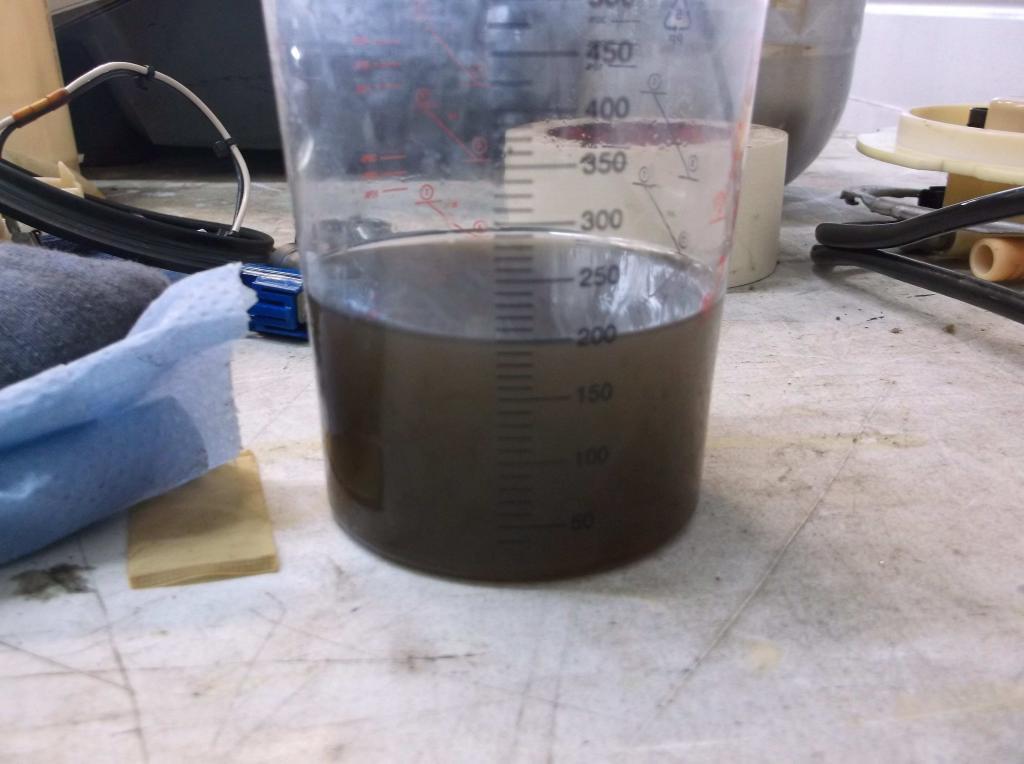7 Tips for Preventing Fuel System Failures
As one of the UK’s leading restorers of luxury classic cars, we come across all sorts of common problems that require the attention of our specialist engineers.
At KWE our aim has always been to ensure our customers receive a ‘better than new’ restoration service for their Jaguar XJS, XJ, XK and Aston Martin DB7 vehicles. So, we believe it’s important to share information that will ensure these vehicles maintain their reliability and roadworthiness.
We’ve noticed an increase in the number of classic cars being delivered to us for restoration with fuel system failures. Here we offer 7 preventative tips that will keep your vehicle in good condition and help avoid expensive remedial repairs.
Rust & Sludge
The primary problem is due to the accumulation of rust and sludge in the fuel tank.
Even though high quality fuel filters are used in the fuel system, fuel pump damage and clogging of the injectors can occur.
Rust forms when moisture and air come into contact with unprotected steel. To prevent your fuel system from being attacked by rust it’s important to eliminate at least one of these materials.

1. Keep the fuel tank topped right up so that air (oxygen) is largely excluded, unless the car is used at least weekly.
2. Try to avoid high ethanol petrol since it absorbs water from the atmosphere. You can ask the fuel company or forecourt manager about the ethanol percentage of the fuel it uses. Ideally, you should try and avoid fuels with ethanol content greater than 5%. On the continent, especially France, high ethanol percentages are common. If you drive overseas, try to burn off all the fuel that was purchased while abroad and then replenish with British fuel. Fuel with high ethanol content will affect the performance of your classic car and lead to the corrosion and deterioration of the fuel system and other engine parts.
3. Help protect the injectors by adding a petrol additive such as Forté Specialist Injector cleaner. For long term use Forté Advanced Gas Treatment (search eBay).
4. Avoid filling up at a petrol station if a forecourt tanker has recently visited to refill the underground storage tanks as this process can stir up the water in them which then ends up in your own vehicle’s tank.
5. Have your tank and swirl tank emptied and cleaned out at least every ten years. Ideally have the tank treated internally so that the normally bare steel is coated.
6. If your vehicle isn’t driven regularly then run your engine once a week for at least 15 minutes to keep the injectors working properly. Ideally, drive the car for a few miles to keep the brakes working and tyres exercised, while avoiding wet or salty conditions.
7. The slow evaporation of the volatile elements of fuel results in a sticky and non-combustible residue. This can clog fuel injectors and prevent the car from starting and running smoothly. It’s therefore important to drain and replenish with fresh fuel if the vehicle is left for any length of time.
Additional tips for preventing classic car rust can be found HERE. Happy motoring!
If you found this article helpful please hit the like button below to let us and others know.


